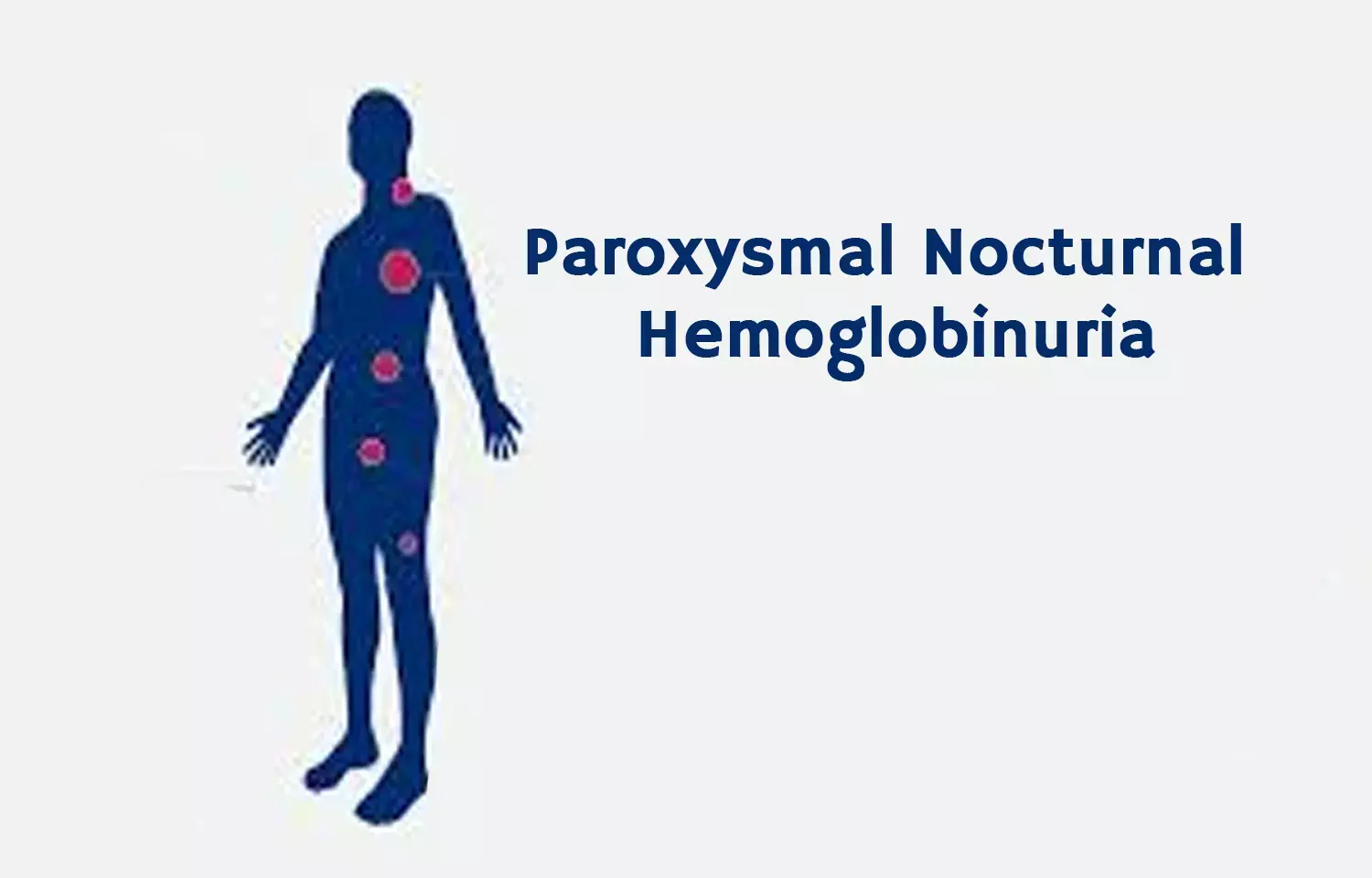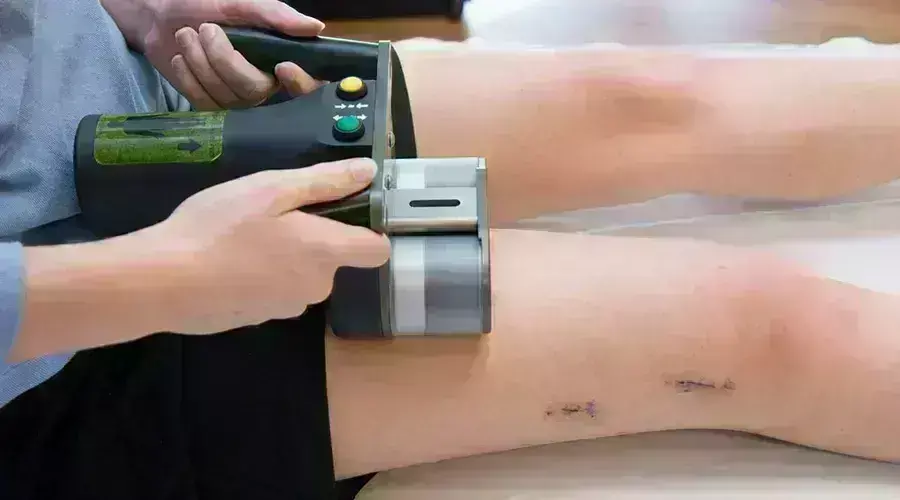- Home
- Medical news & Guidelines
- Anesthesiology
- Cardiology and CTVS
- Critical Care
- Dentistry
- Dermatology
- Diabetes and Endocrinology
- ENT
- Gastroenterology
- Medicine
- Nephrology
- Neurology
- Obstretics-Gynaecology
- Oncology
- Ophthalmology
- Orthopaedics
- Pediatrics-Neonatology
- Psychiatry
- Pulmonology
- Radiology
- Surgery
- Urology
- Laboratory Medicine
- Diet
- Nursing
- Paramedical
- Physiotherapy
- Health news
- Fact Check
- Bone Health Fact Check
- Brain Health Fact Check
- Cancer Related Fact Check
- Child Care Fact Check
- Dental and oral health fact check
- Diabetes and metabolic health fact check
- Diet and Nutrition Fact Check
- Eye and ENT Care Fact Check
- Fitness fact check
- Gut health fact check
- Heart health fact check
- Kidney health fact check
- Medical education fact check
- Men's health fact check
- Respiratory fact check
- Skin and hair care fact check
- Vaccine and Immunization fact check
- Women's health fact check
- AYUSH
- State News
- Andaman and Nicobar Islands
- Andhra Pradesh
- Arunachal Pradesh
- Assam
- Bihar
- Chandigarh
- Chattisgarh
- Dadra and Nagar Haveli
- Daman and Diu
- Delhi
- Goa
- Gujarat
- Haryana
- Himachal Pradesh
- Jammu & Kashmir
- Jharkhand
- Karnataka
- Kerala
- Ladakh
- Lakshadweep
- Madhya Pradesh
- Maharashtra
- Manipur
- Meghalaya
- Mizoram
- Nagaland
- Odisha
- Puducherry
- Punjab
- Rajasthan
- Sikkim
- Tamil Nadu
- Telangana
- Tripura
- Uttar Pradesh
- Uttrakhand
- West Bengal
- Medical Education
- Industry
Iptacopan monotherapy significantly boosts Hb levels in paroxysmal nocturnal hemoglobinuria: Phase III Study

The phase III APPLY-PNH Study found that Iptacopan monotherapy achieved significant clinically relevant improvement in hemoglobin levels with Hb levels ≥12 g/dL. This resulted in most patients' transfusion independence and clinically meaningful development in patient-reported fatigue. This increase in Hb levels occurred due to the resolution of extravascular hemolysis and the maintenance of intravascular hemolysis control. The trial results were presented at the 64th ASH Annual Meeting and Exposition in New Orleans, Louisiana.
The standard of care (SoC) for treating patients with hemolytic paroxysmal nocturnal hemoglobinuria (PNH), is intravenous (IV) anti-C5 monoclonal antibodies (eculizumab [ECU]/ravulizumab [RAV]). However, clinically significant residual anemia was observed in up to 60% of SoC patients secondary to C3-mediated extravascular hemolysis results. In two Phase II trials, Iptacopan, a first-in-class oral selective complement factor B inhibitor has demonstrated promising safety and efficacy in anti-C5-treated and -naive PNH patients. Hence, Regis Latour and his team conducted a phase III trial and reported the primary efficacy and safety data from the 24-week randomized treatment period of the pivotal, multicenter, APPLY-PNH trial.
Adult PNH patients with mean hemoglobin (Hb) <10 g/dL on stable SoC therapy (ECU/RAV) for ≥6 months were randomized 8:5 to receive iptacopan monotherapy 200 mg twice daily or to continue their SoC regimen for 24 weeks. Randomization was stratified by prior SoC therapy and red blood cell transfusions (RBCTs) in the preceding 6 months.
The primary endpoint:
- The proportion of patients with a Hb increase o ≥2 g/dL from baseline.
- The proportion of patients with Hb of ≥12 g/dL, each in the absence of RBCTs.
Secondary endpoints:
- Transfusion avoidance,
- Changes in Hb level from baseline,
- Functional Assessment of Chronic Illness Therapy – Fatigue (FACIT-F) score,
- Absolute reticulocyte count (ARC) and lactate dehydrogenase (LDH) level,
- Rates of clinical breakthrough hemolysis (BTH) and
- Major adverse vascular events (MAVEs), and safety.
A prespecified testing procedure adjusted for multiplicity; 2-sided P values are reported for significant endpoints only.
Findings of the trial:
- Of 97 patients, 62 and 35 were randomized to iptacopan and SoC, respectively.
- Baseline disease characteristics were balanced between arms.
- The mean age was 51 years and 69.1% of patients were female.
- RBCTs were received by 57.7% of patients in the 6 months before randomization; 64.9% and 35.1% had received prior ECU and RAV, respectively, for a mean duration of 4 years.
- Both primary endpoints were achieved with iptacopan monotherapy, showing superiority vs. SoC (both P<0.0001).
| Primary | Endpoint | Iptacopan arm | SoC arm |
| Proportion of patients with ≥2 g/dL increase in Hb level from baseline without RBCTs | 51/60 | 0/35 | |
| Proportion of patients with ≥12 g/dL increase in Hb level without RBCTs | 42/60 | 0/35 |
- Iptacopan monotherapy also showed superiority in transfusion avoidance, changes from baseline in Hb level, FACIT-F scores and ARC, and rate of clinical BTH (Table).
| Secondary | Endpoint | Iptacopan arm | SoC arm |
|
| Adjusted mean Hb change from baseline (95% CI) | +3.59 (3.32, 3.86) g/dL | −0.04 (−0.42, 0.35) g/dL |
|
| mean Hb levels (standard deviation) at 24 weeks irrespective of RBCTs | 12.6 (1.4) g/dL | 9.2 (1.4) g/dL |
|
| RBCT free | 60/62 | 14/35 |
|
| MAVE | 1 |
|
- No deaths or serious encapsulated bacterial infections were reported.
- One iptacopan-treated patient had a MAVE which is a transient ischemic attack, and it was considered unrelated to iptacopan hence iptacopan treatment was continued.
- Headache (iptacopan: 16.1% vs. SoC: 2.9%) and diarrhea (14.5% vs. 5.7%) were more commonly reported with iptacopan, whereas infections/infestations (38.7% vs. 48.6%) and BTH events (3.2% vs. 17.1%) were more commonly reported with SoC.
- Serious adverse events like hemolysis were reported by two SoC-treated patients when compared with no iptacopan-treated patients.
- But discontinuation of either iptacopan or SoC because of adverse events has not occurred.
Thus, for PNH patients who inadequately respond to IV anti-C5 SoC therapy, iptacopan monotherapy may become a practice-changing, oral, outpatient treatment, and also a safer and potentially preferred treatment option for patients with hemolytic PNH.
Further reading: Oral Monotherapy with Iptacopan, a Proximal Complement Inhibitor of Factor B, Has Superior Efficacy to Intravenous Terminal Complement Inhibition with Standard of Care Eculizumab or Ravulizumab and Favorable Safety in Patients with Paroxysmal Nocturnal Hemoglobinuria and Residual Anemia: Results from the Randomized, Active-Comparator-Controlled, Open-Label, Multicenter, Phase III APPLY-PNH Study. LBA2, Presented at 64th Annual Meeting and Exposition, December 13, 2022.
BDS, MDS
Dr.Niharika Harsha B (BDS,MDS) completed her BDS from Govt Dental College, Hyderabad and MDS from Dr.NTR University of health sciences(Now Kaloji Rao University). She has 4 years of private dental practice and worked for 2 years as Consultant Oral Radiologist at a Dental Imaging Centre in Hyderabad. She worked as Research Assistant and scientific writer in the development of Oral Anti cancer screening device with her seniors. She has a deep intriguing wish in writing highly engaging, captivating and informative medical content for a wider audience. She can be contacted at editorial@medicaldialogues.in.
Dr Kamal Kant Kohli-MBBS, DTCD- a chest specialist with more than 30 years of practice and a flair for writing clinical articles, Dr Kamal Kant Kohli joined Medical Dialogues as a Chief Editor of Medical News. Besides writing articles, as an editor, he proofreads and verifies all the medical content published on Medical Dialogues including those coming from journals, studies,medical conferences,guidelines etc. Email: drkohli@medicaldialogues.in. Contact no. 011-43720751




